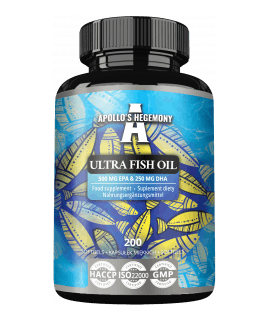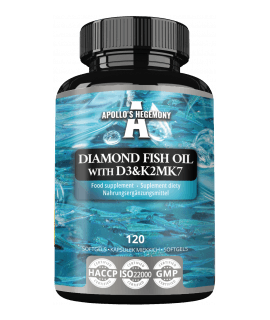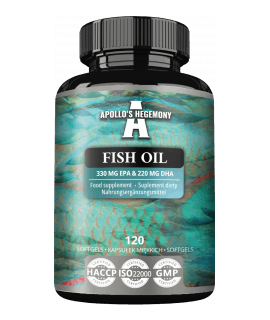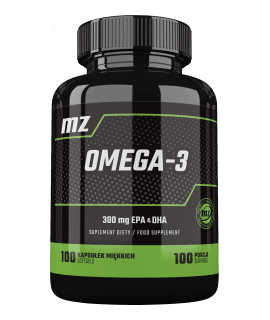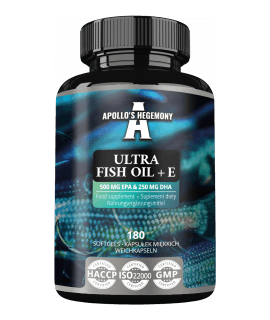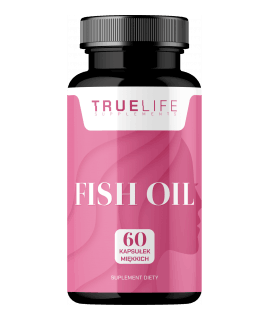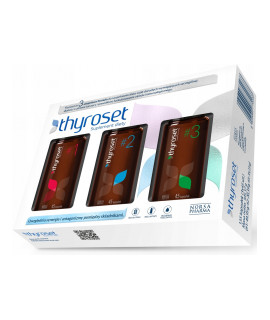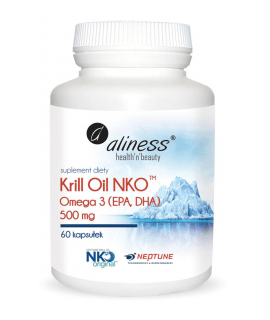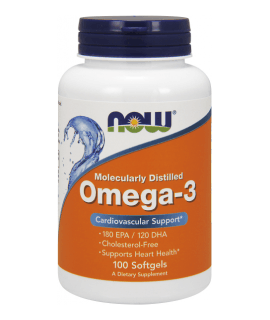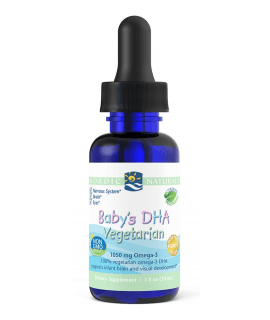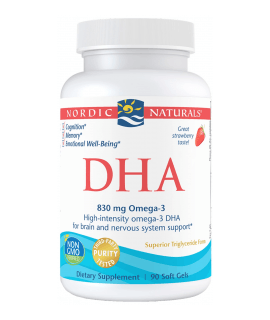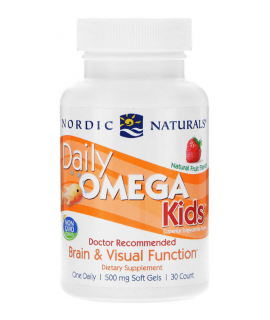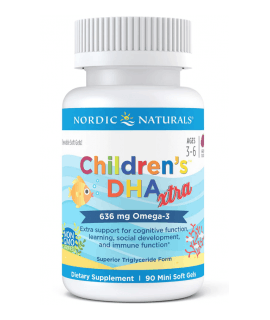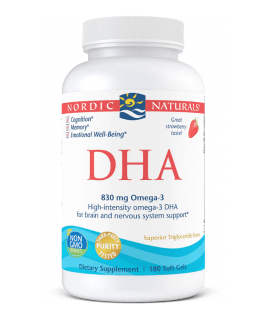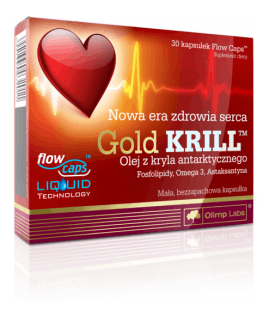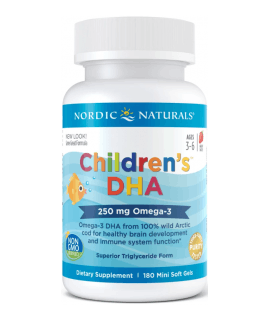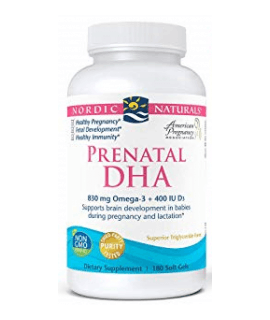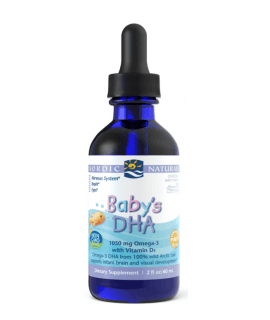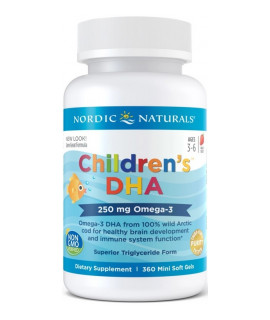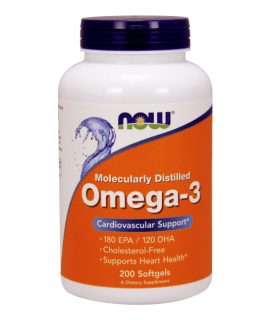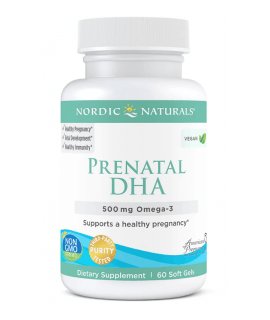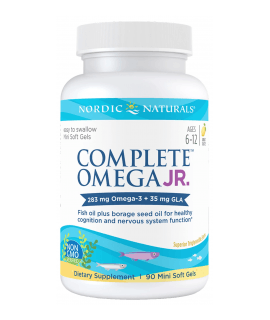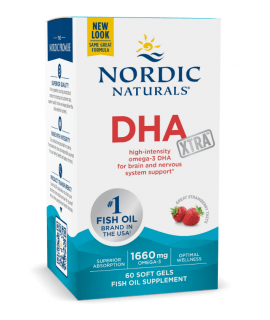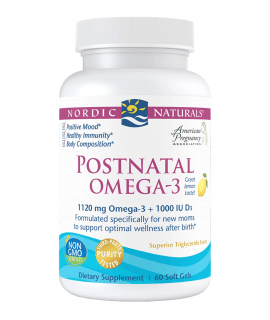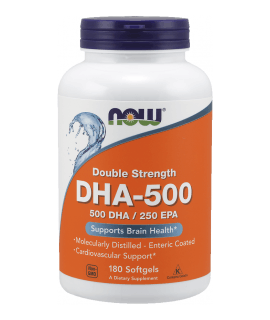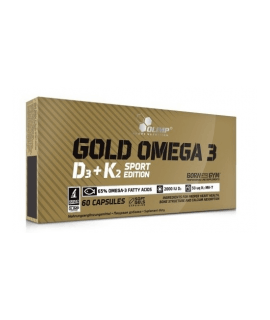Omega-3 (n-3) group of unsaturated fatty acids: short-chain (linolenic acid, belongs to the EFAs [essential fatty acids]) and long-chain (eicosapentaenoic acid [EPA] and docosahexaenoic acid [DHA]). The number 3 indicates That the last double bond in the carbon chain is the third from the end of carbon. Acids from the group of Omega-3 are essential components of cell membranes, they are biological precursors and activators of eicosanoids. EFAs quite abundantly supplied in food, and it can be supplied with food. EPA and DHA (oils, fats marine fish) are Supplied by foods of sea origin (sea fish and seafood). They are developed also in the human body as a result of processes of denaturation and elongation of alpha-linolenic acid , but in an amount insufficient for the full needs of the organism. Therefore,they should be supplied from the outside. With the use of so-called. western diet, supplementation of fatty acids Omega 3 is more desirable (than Omega 6).
Supplementation of fatty acids of Omega 3 is recommended for people who are physically active in order to supplement and to prevent deficiencies in body as well as due to their impact on the body composition and aerobic capacity, and tissue regeneration. In addition, it regulates the systems: circulatory (including heart), nervous, respiratory and locomotor. Formulations containing EPA and DHA are a complement to an effort diet, regardless of the degree of training and exercising.
Dietary fatty acids Omega 3, in principle, are produced in the form of capsules in combination with vitamin E as an antioxidant, available for purchase at: www.muscle-zone.pl
Dosage usually we recommended supplements in sports: depending on the supply of diet and intake of Omega 6 it is 1 - 5 g of EPA and DHA / 24 h.
